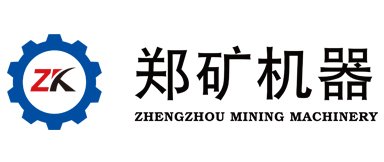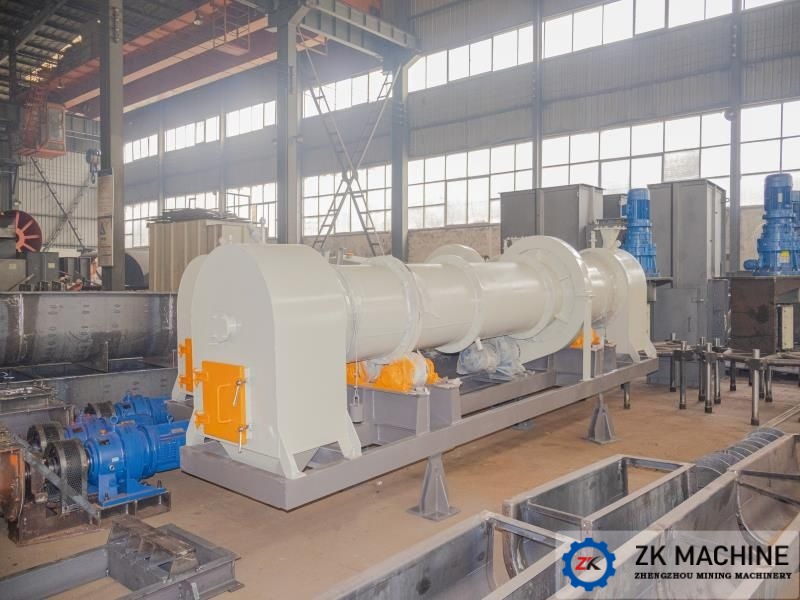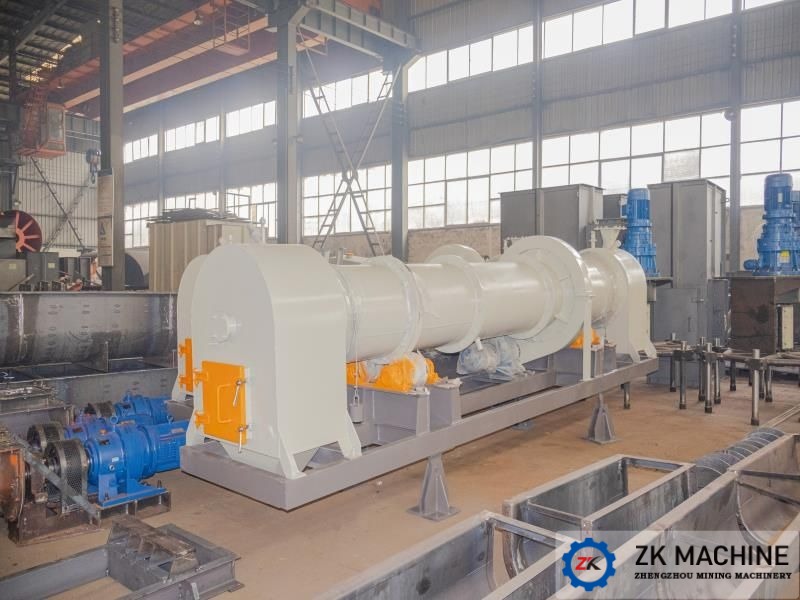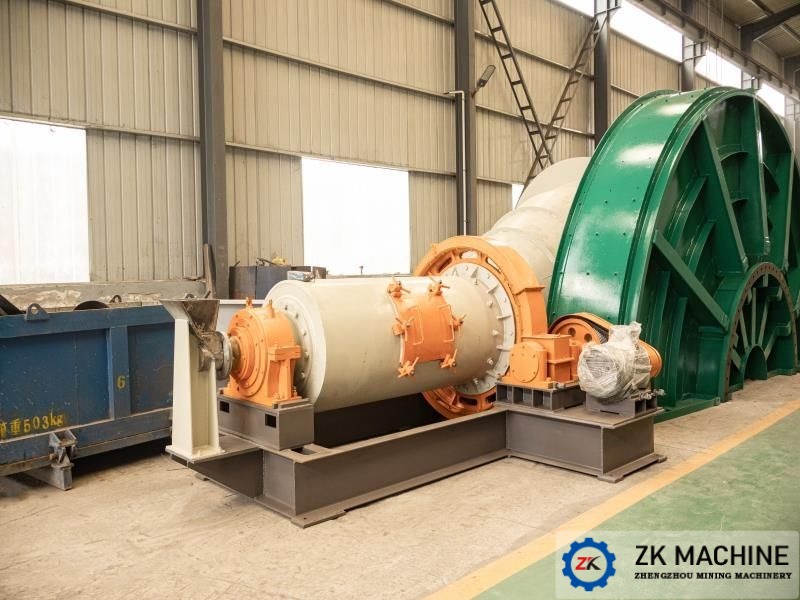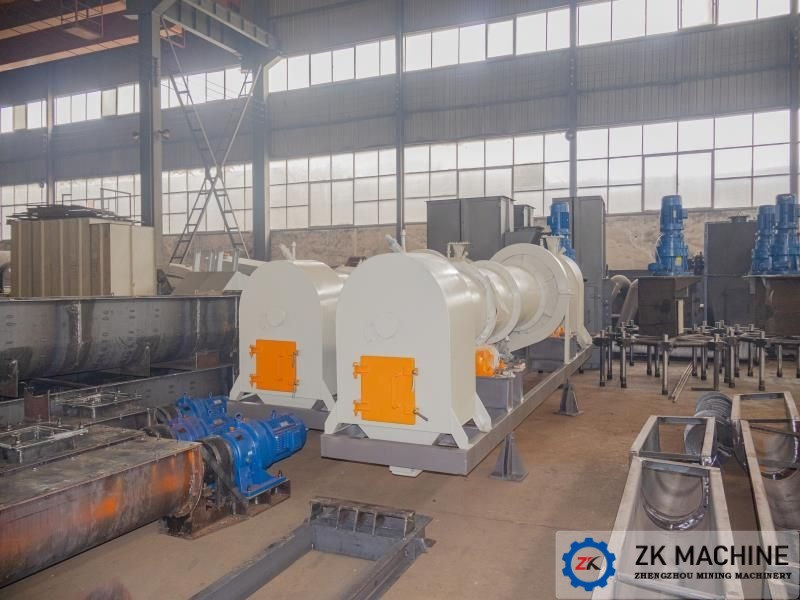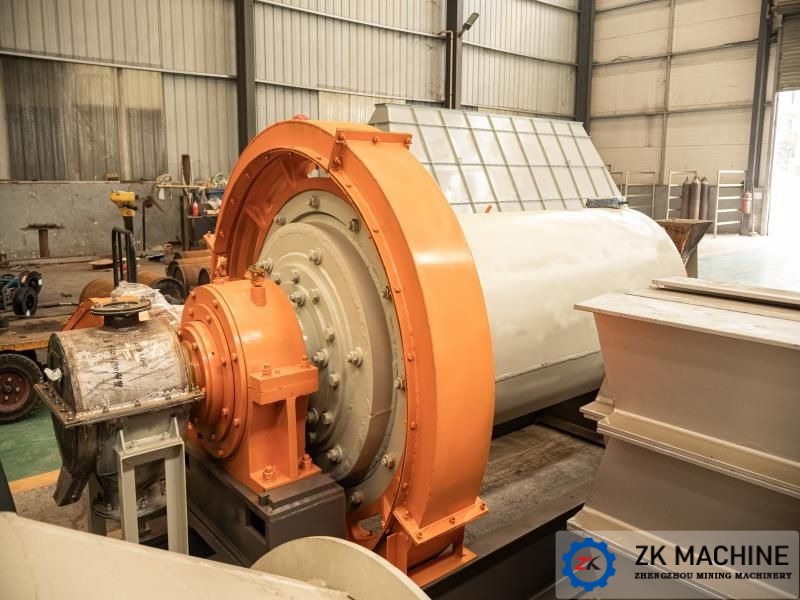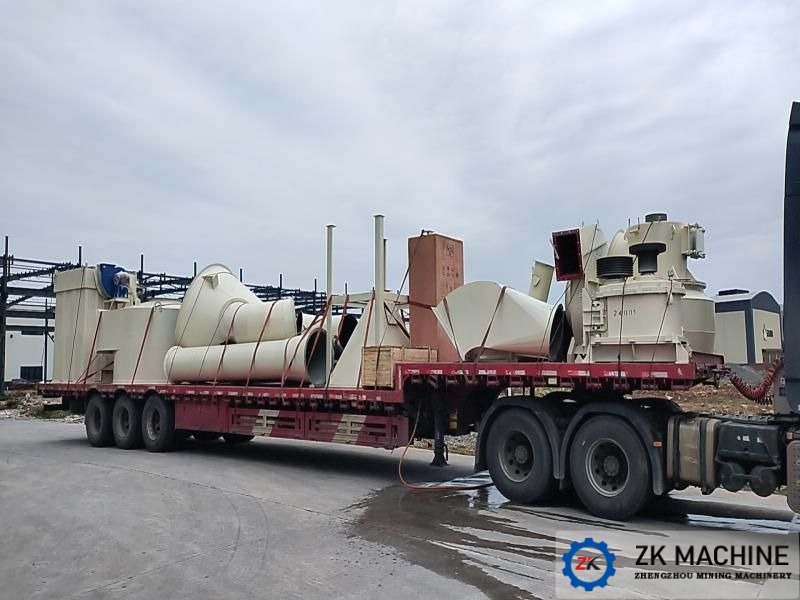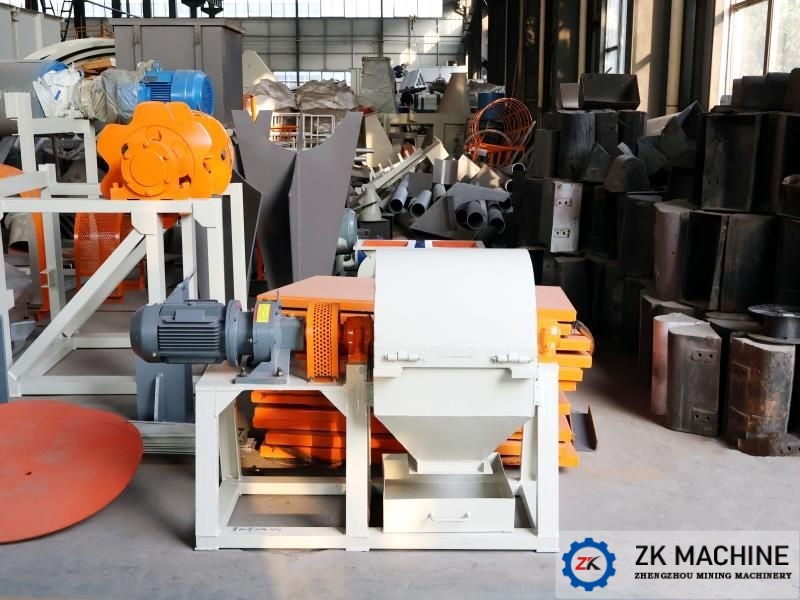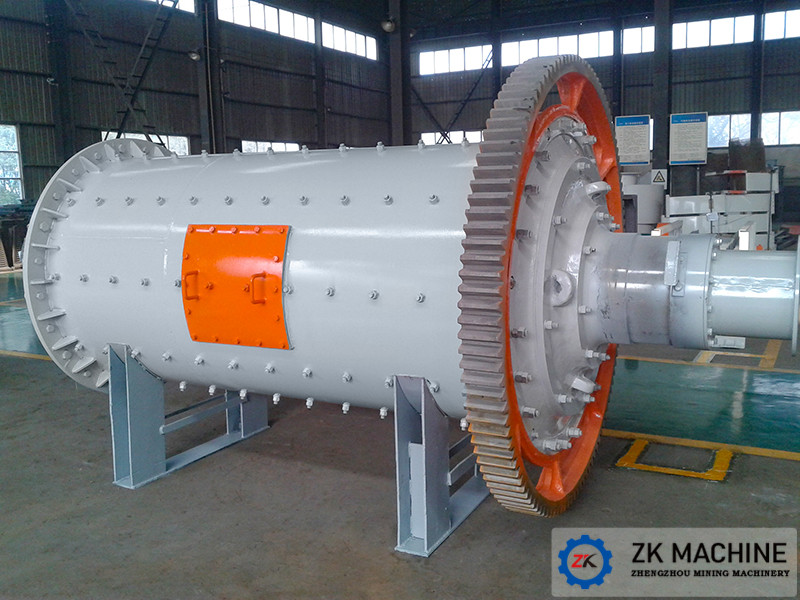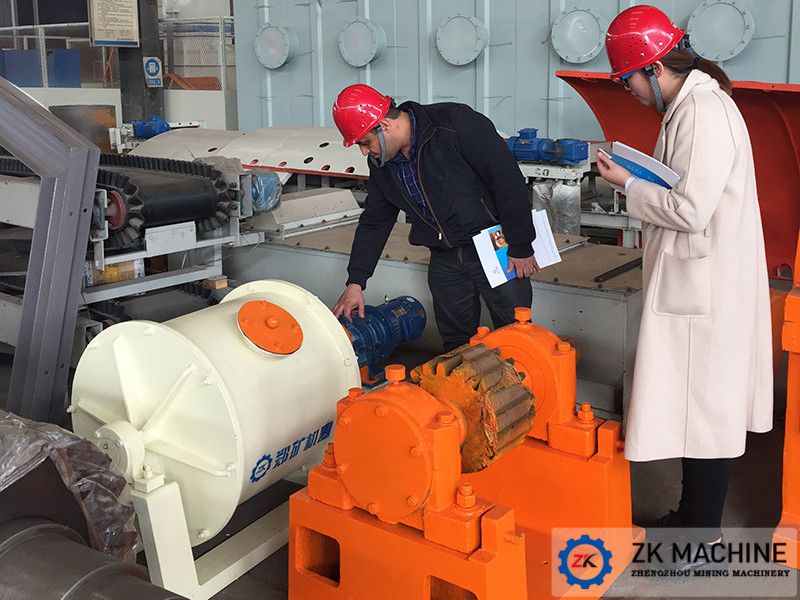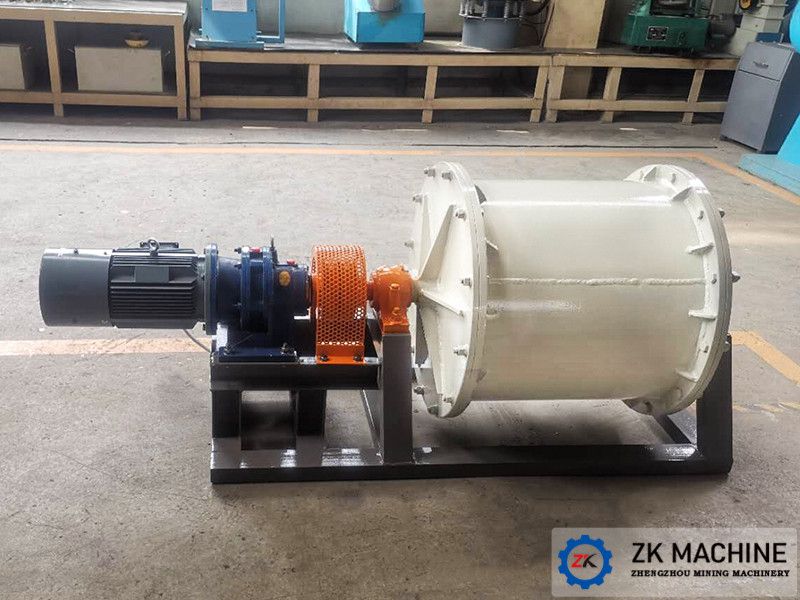According to the customer's demands, our engineers have chosen Φ0.529×4m lab rotary kiln and Φ750x1800mm ceramic ball mill.
The internal masonry of the experimental kiln is made of mullite casting material, which not only meets the purpose of customer calcination, but also ensures that there will be no mechanical iron coming. The lab rotary kiln uses a variable frequency speed control motor, which can adjust the speed within the range of 1-10rpm. At the same time, the inclination angle of the kiln can be adjusted within the range of 3-10%. Taking these two characteristics into account, it can meet the production capacity requirements of customers. The lab rotary kiln is equipped with a LPG burner, which can directly burn the vaporized LPG from customers to calcine materials. At the same time, thermocouples are installed at the kiln inlet, kiln middle, and kiln outlet to monitor the temperature of various parts inside the kiln in real time, ensuring safe calcination of materials.
The ceramic ball mill adopts a ceramic lining and ceramic balls with Al2O3 ≥ 95%, which ensures that there is no mechanical iron coming and also makes the equipment more durable.
This model of lab rotary kiln and ceramic ball mill can perfectly match the customer's requirements. At present, the equipment has been completed and shipped smoothly. We will continue to follow up on the usage of equipment by customers to ensure their safe and smooth use.
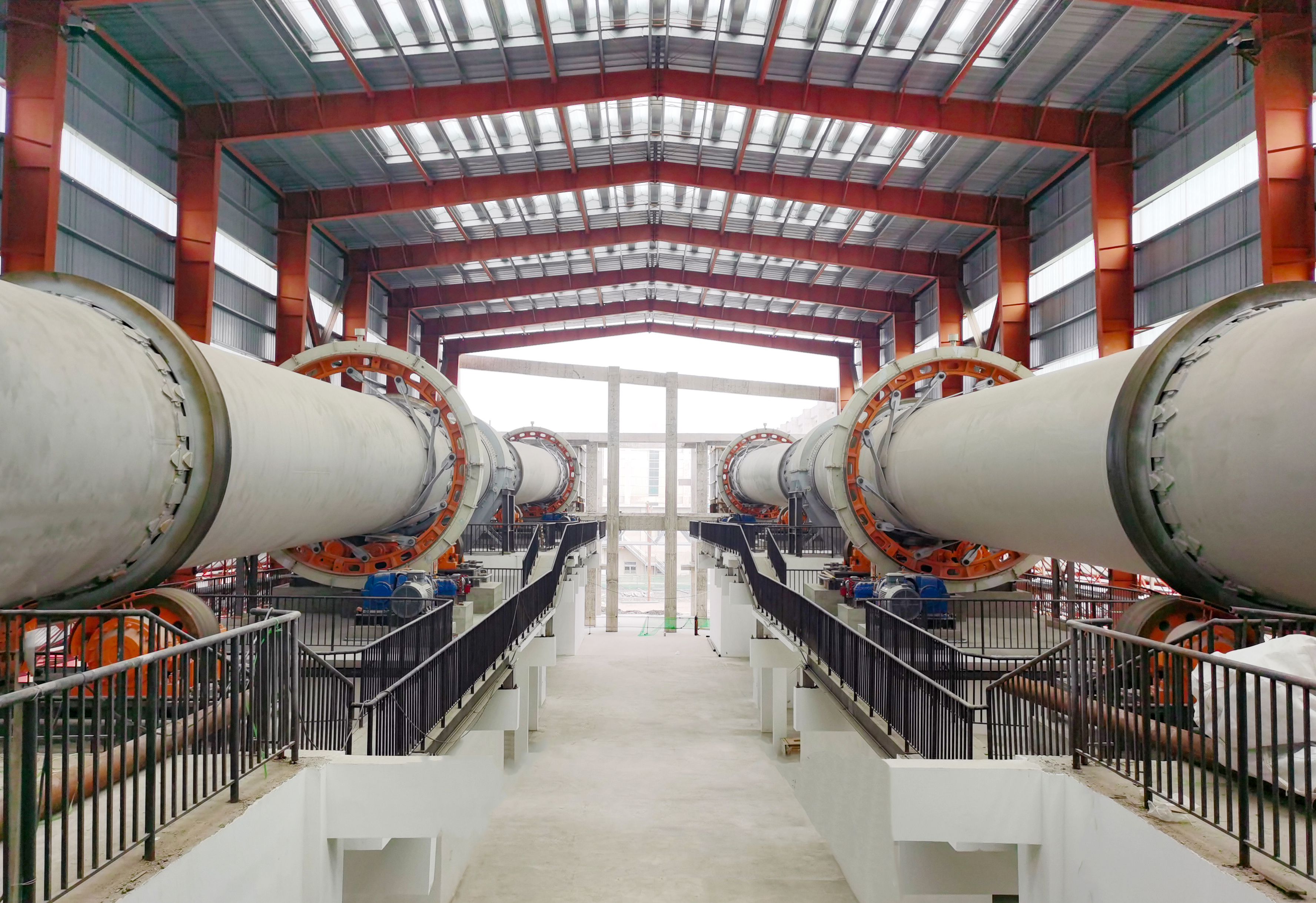 LECA PRODUCTION LINE
LECA PRODUCTION LINE
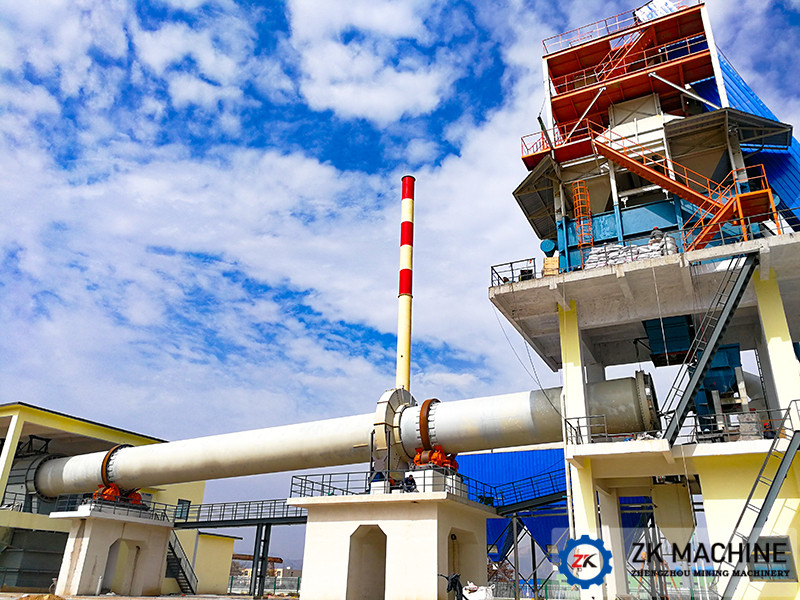 MAGNESIUM PRODUCTION LINE
MAGNESIUM PRODUCTION LINE
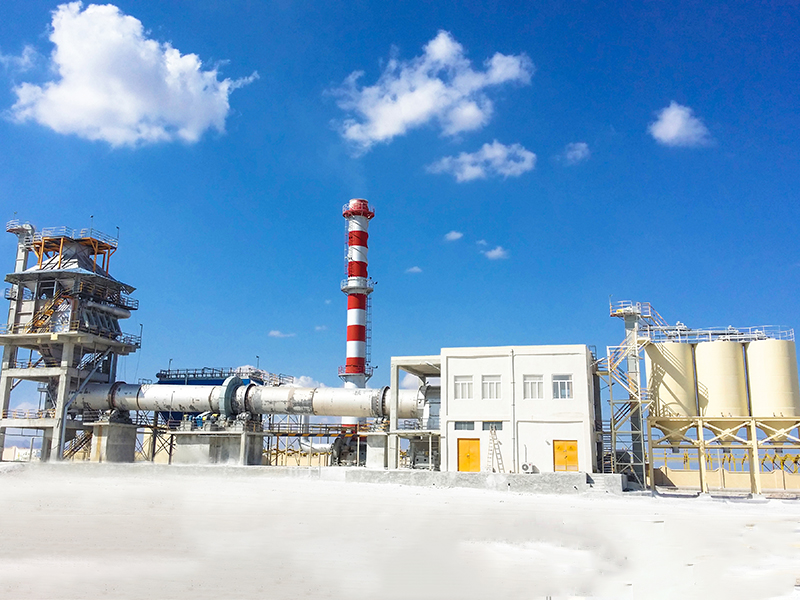 ACTIVE LIME PRODUCTION LINE
ACTIVE LIME PRODUCTION LINE
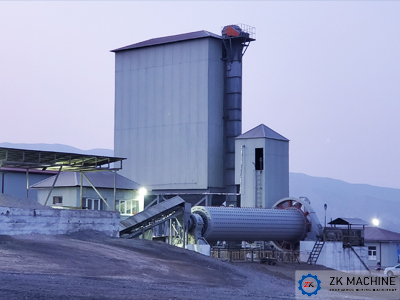 CEMENT GRINDING STATION
CEMENT GRINDING STATION
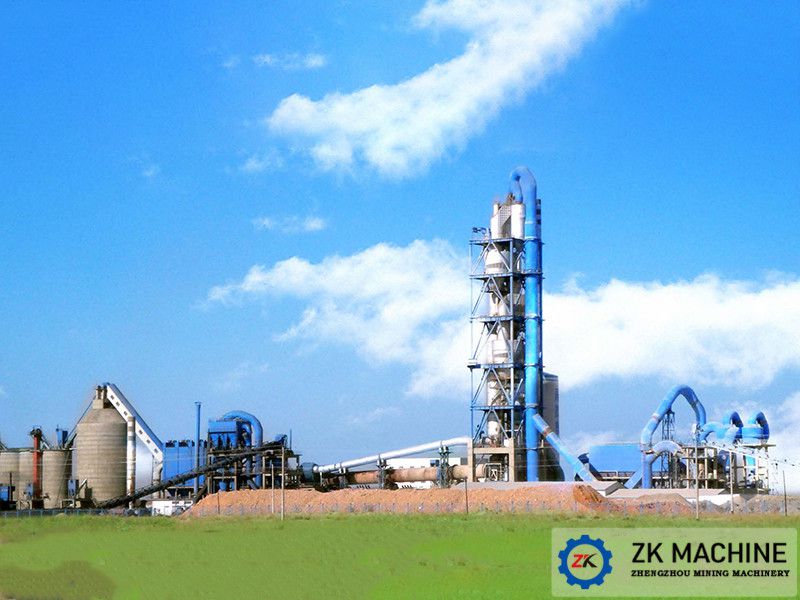 CEMENT PRODUCTION LINE
CEMENT PRODUCTION LINE
 LIME SLAKING PLANT
LIME SLAKING PLANT
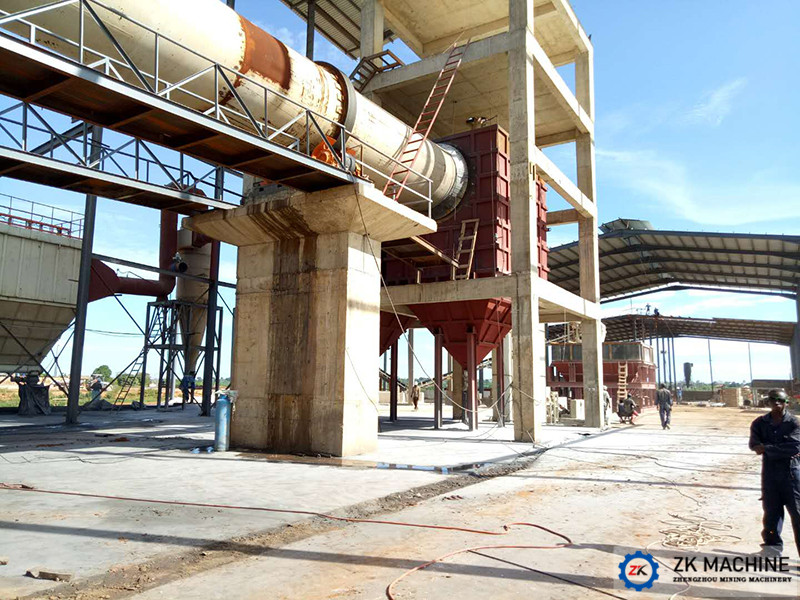 MAGNESIUM OXIDE (MgO) PLANT
MAGNESIUM OXIDE (MgO) PLANT
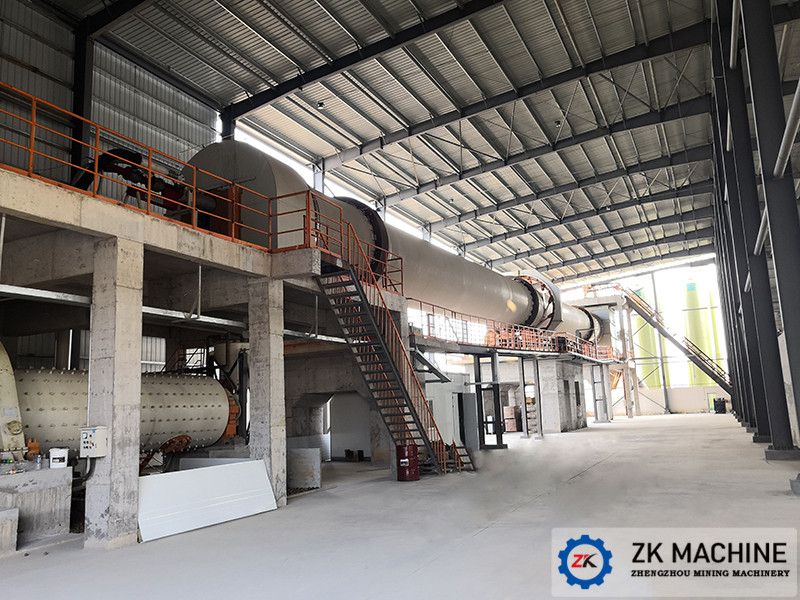 LITHIUM PRODUCTION LINE
LITHIUM PRODUCTION LINE
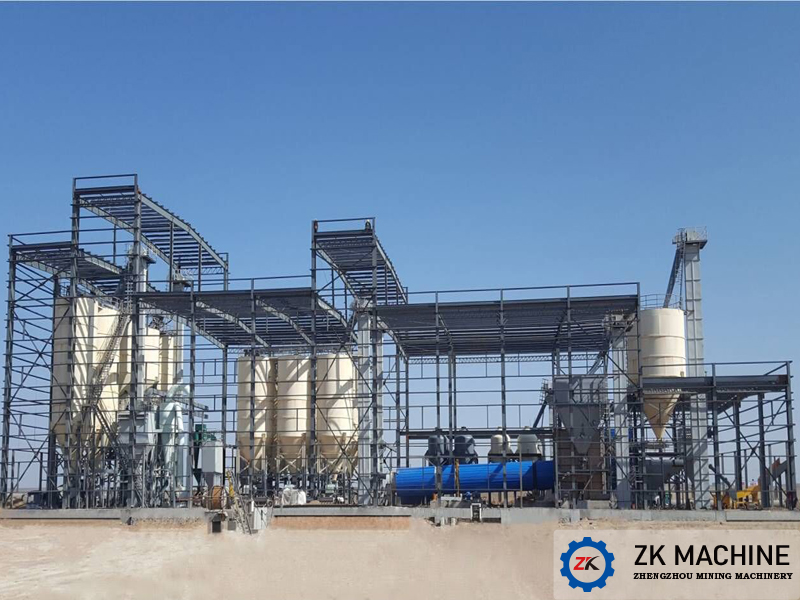 GYPSUM POWDER PRODUCTION LINE
GYPSUM POWDER PRODUCTION LINE
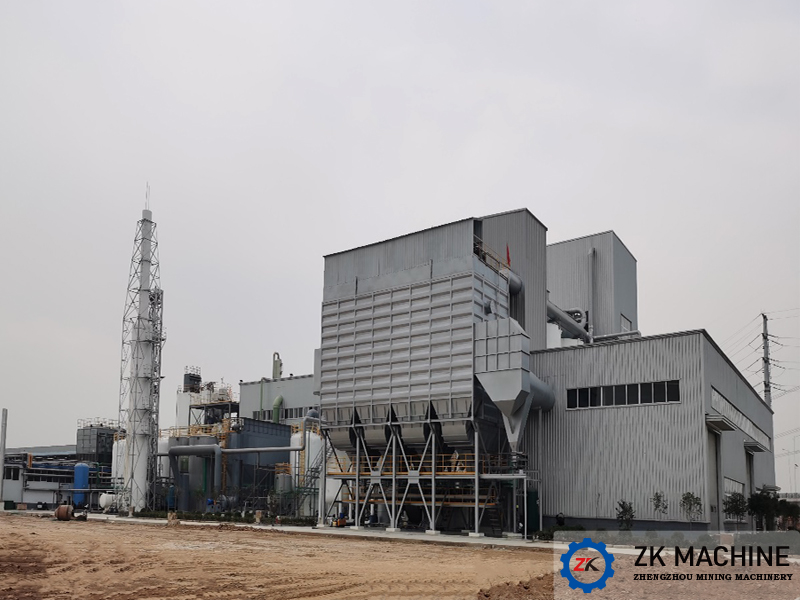 ALUMINUM ASH PROCESSING SYSTEM
ALUMINUM ASH PROCESSING SYSTEM
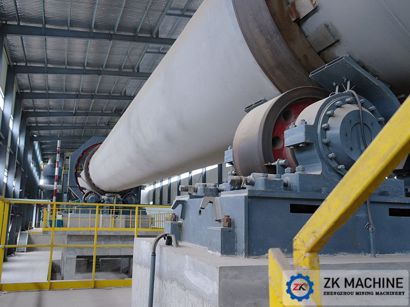 FRACTURING PROPPANT PRODUCTION LINE
FRACTURING PROPPANT PRODUCTION LINE
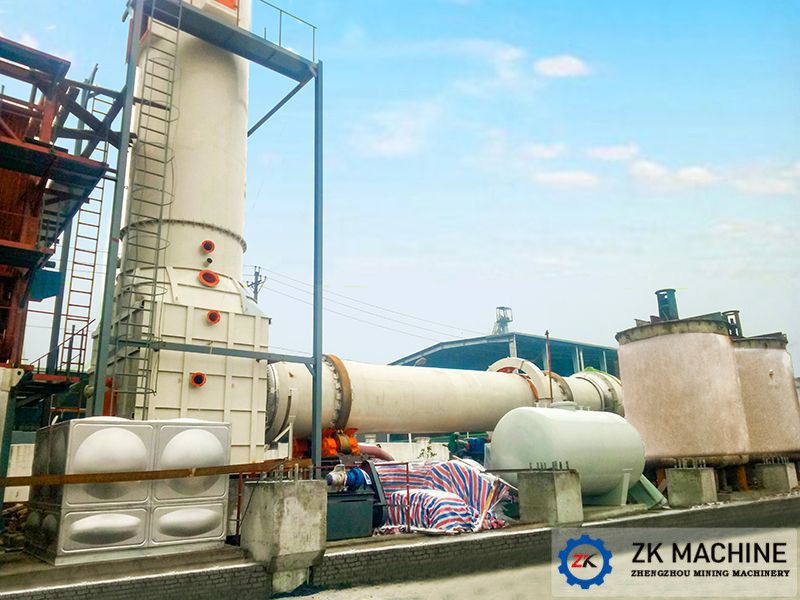 SOLID (HAZARDOUS) WASTE INCINERATION SYSTEM
SOLID (HAZARDOUS) WASTE INCINERATION SYSTEM
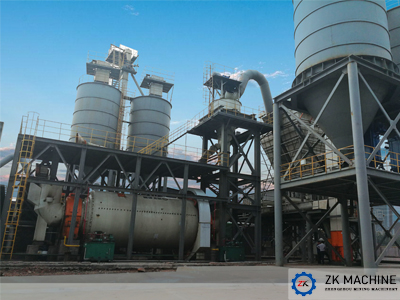 PULVERIZED COAL PREPARATION PRODUCTION LINE
PULVERIZED COAL PREPARATION PRODUCTION LINE
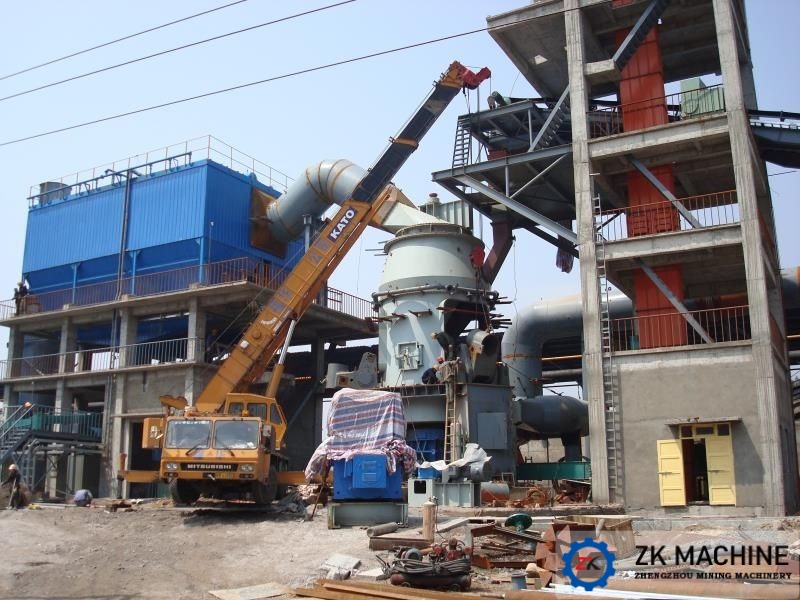 GGBS PRODUCTION LINE
GGBS PRODUCTION LINE
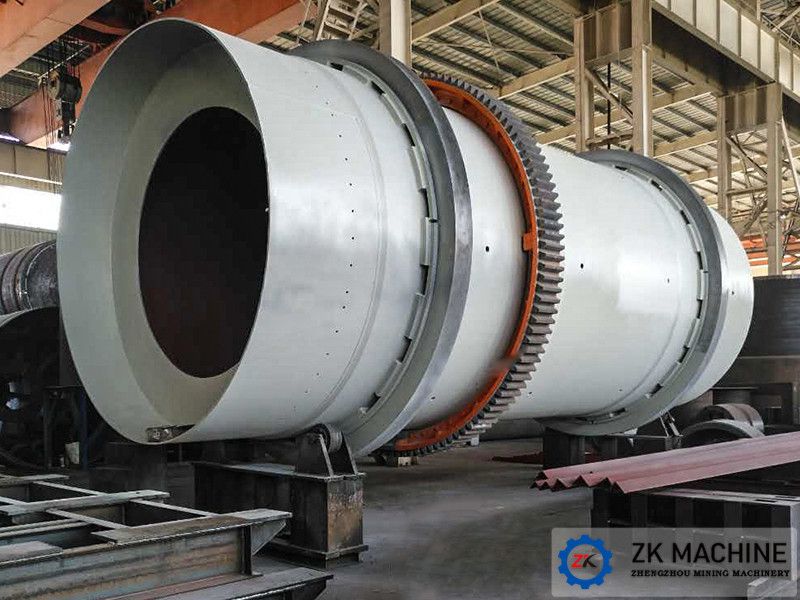 SUPERPHOSPHATE PRODUCTION LINE
SUPERPHOSPHATE PRODUCTION LINE
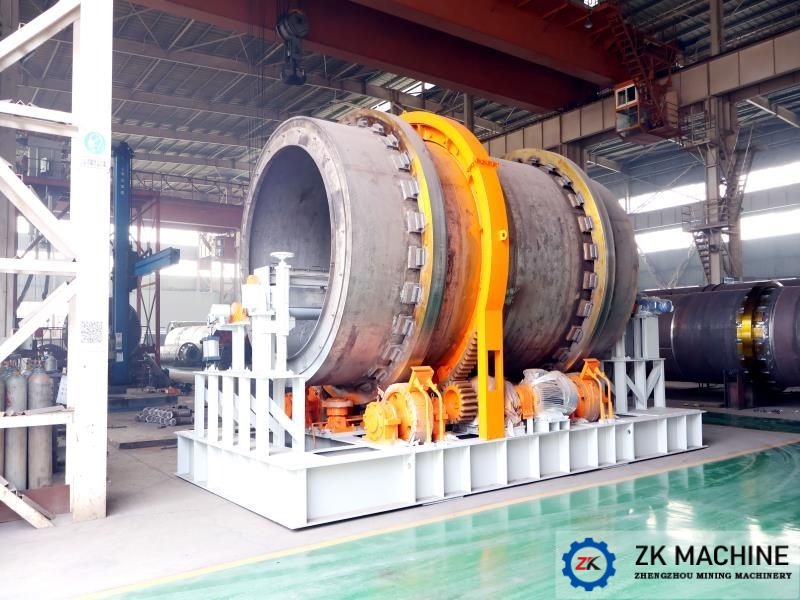 MOLECULAR SIEVE PRODUCTION LINE
MOLECULAR SIEVE PRODUCTION LINE
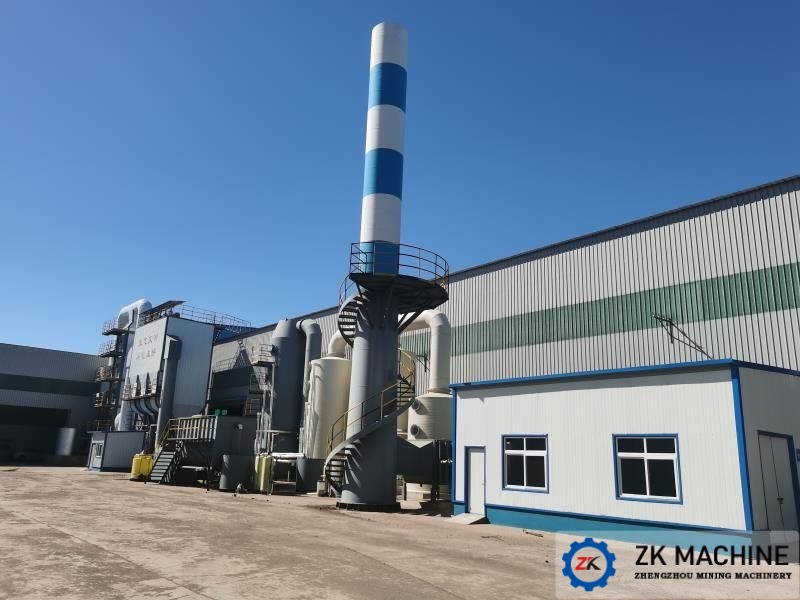 FLUE GAS PURIFICATION SYSTEM
FLUE GAS PURIFICATION SYSTEM
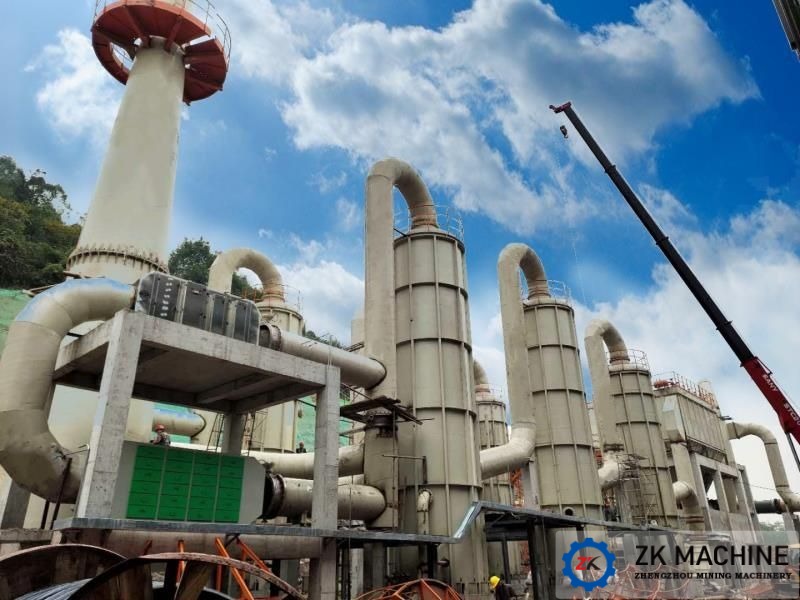 FGD SYSTEM
FGD SYSTEM
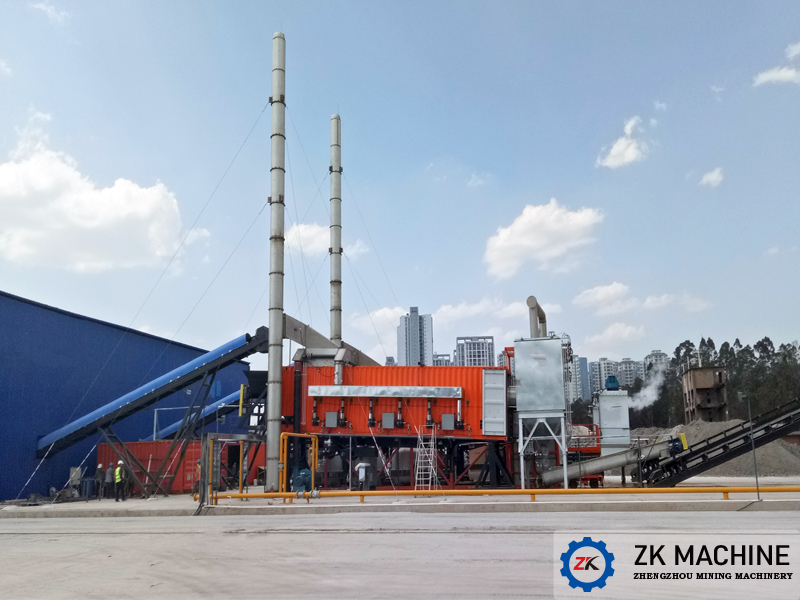 SOIL REMEDIATION SYSTEM
SOIL REMEDIATION SYSTEM
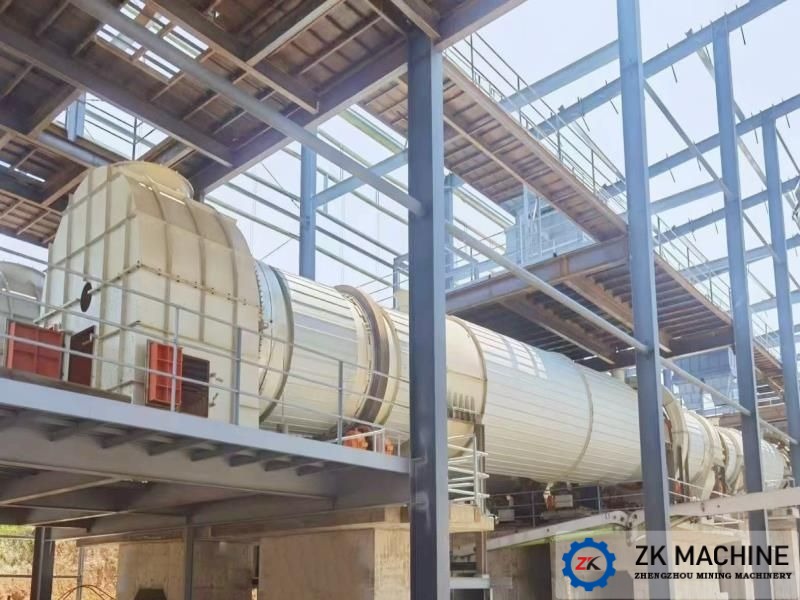 PHOSPHOGYPSUM DISPOSAL PRODUCTION LINE
PHOSPHOGYPSUM DISPOSAL PRODUCTION LINE
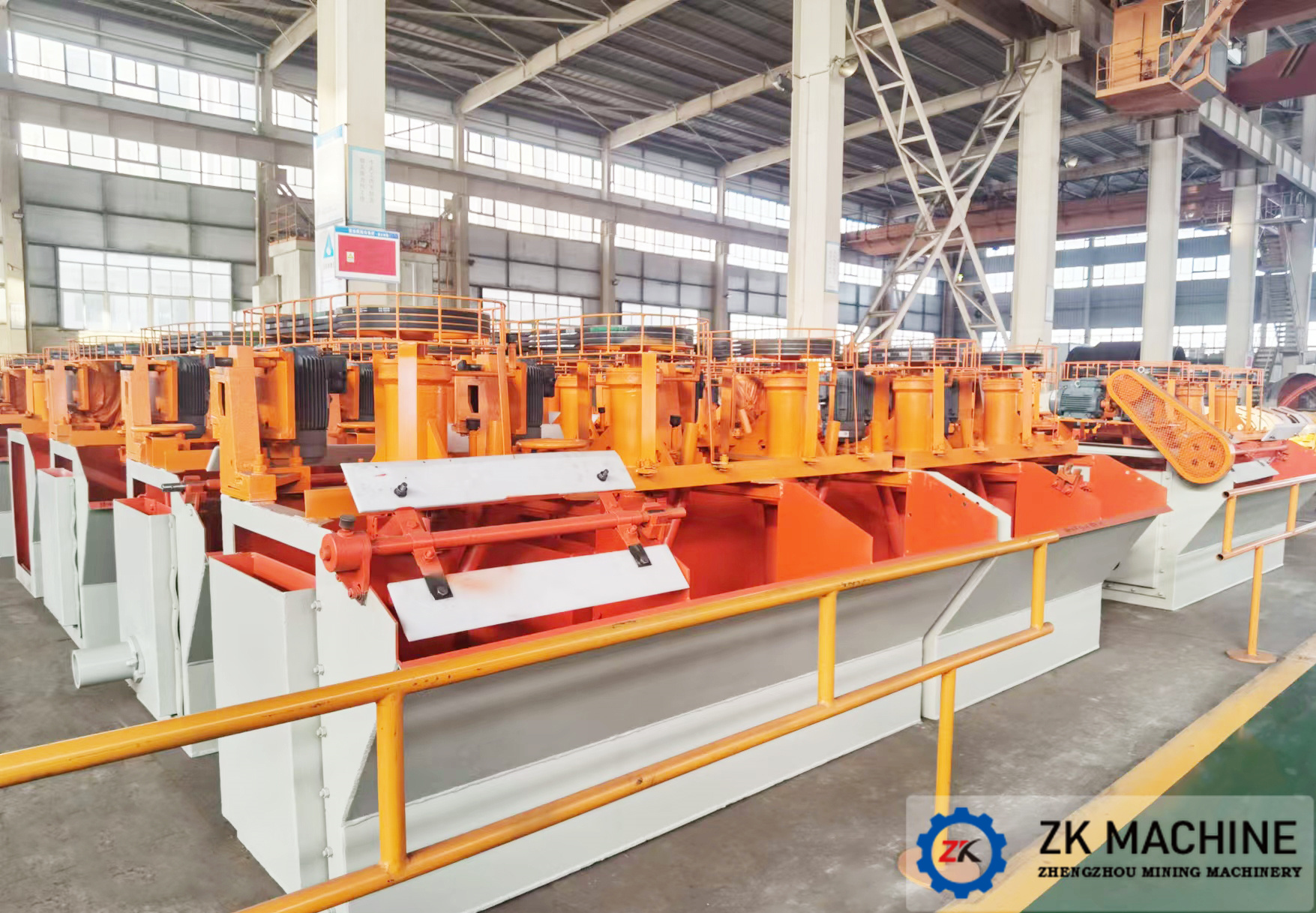 PHOSPHATE ORE DRESSING LINE
PHOSPHATE ORE DRESSING LINE
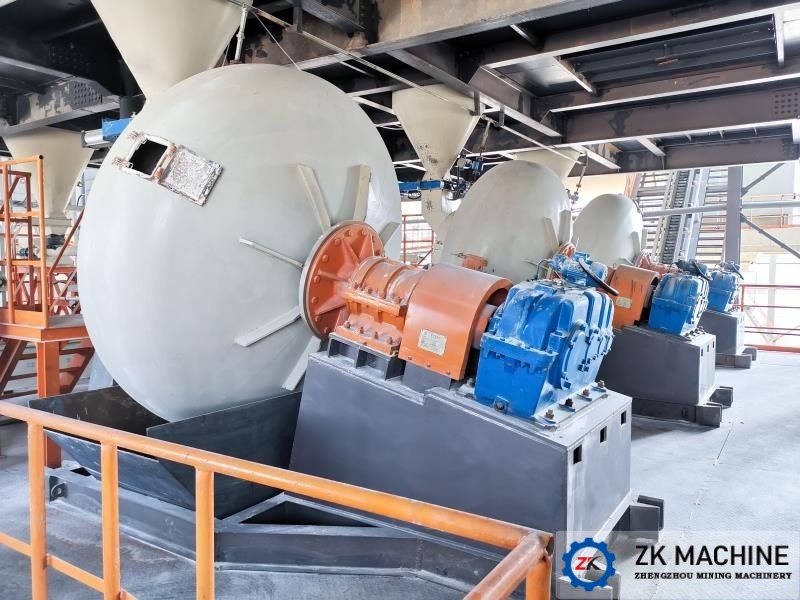 PHOSPHATE ORE PELLETIZATION PRODUCTION PROCESS
PHOSPHATE ORE PELLETIZATION PRODUCTION PROCESS
